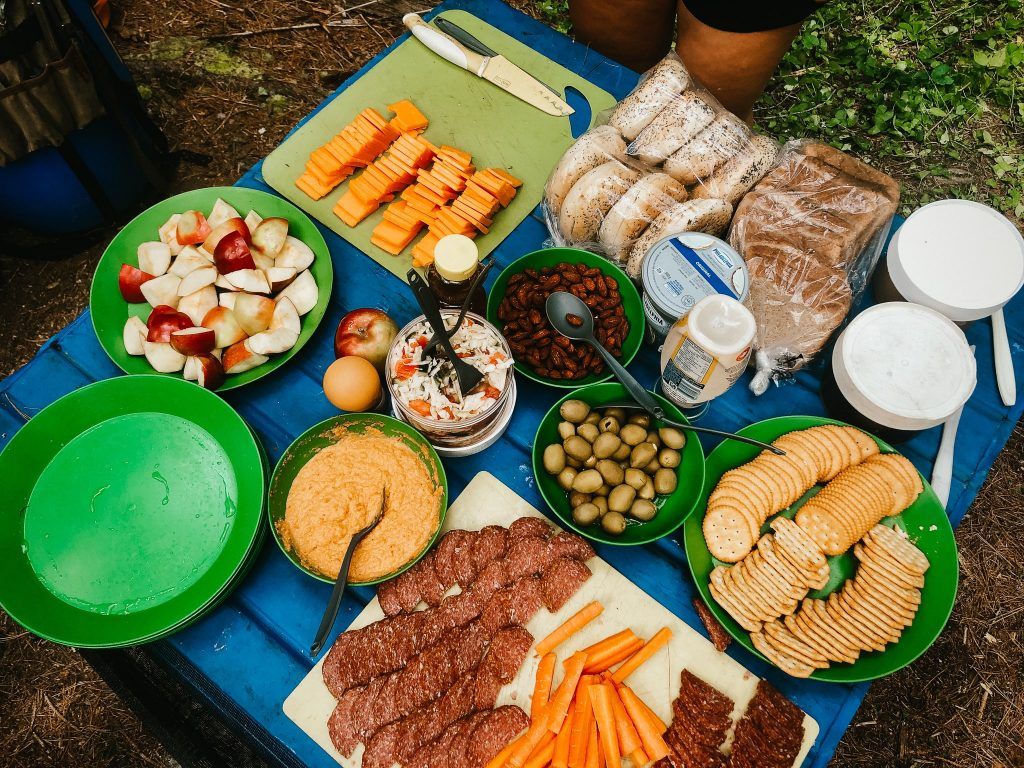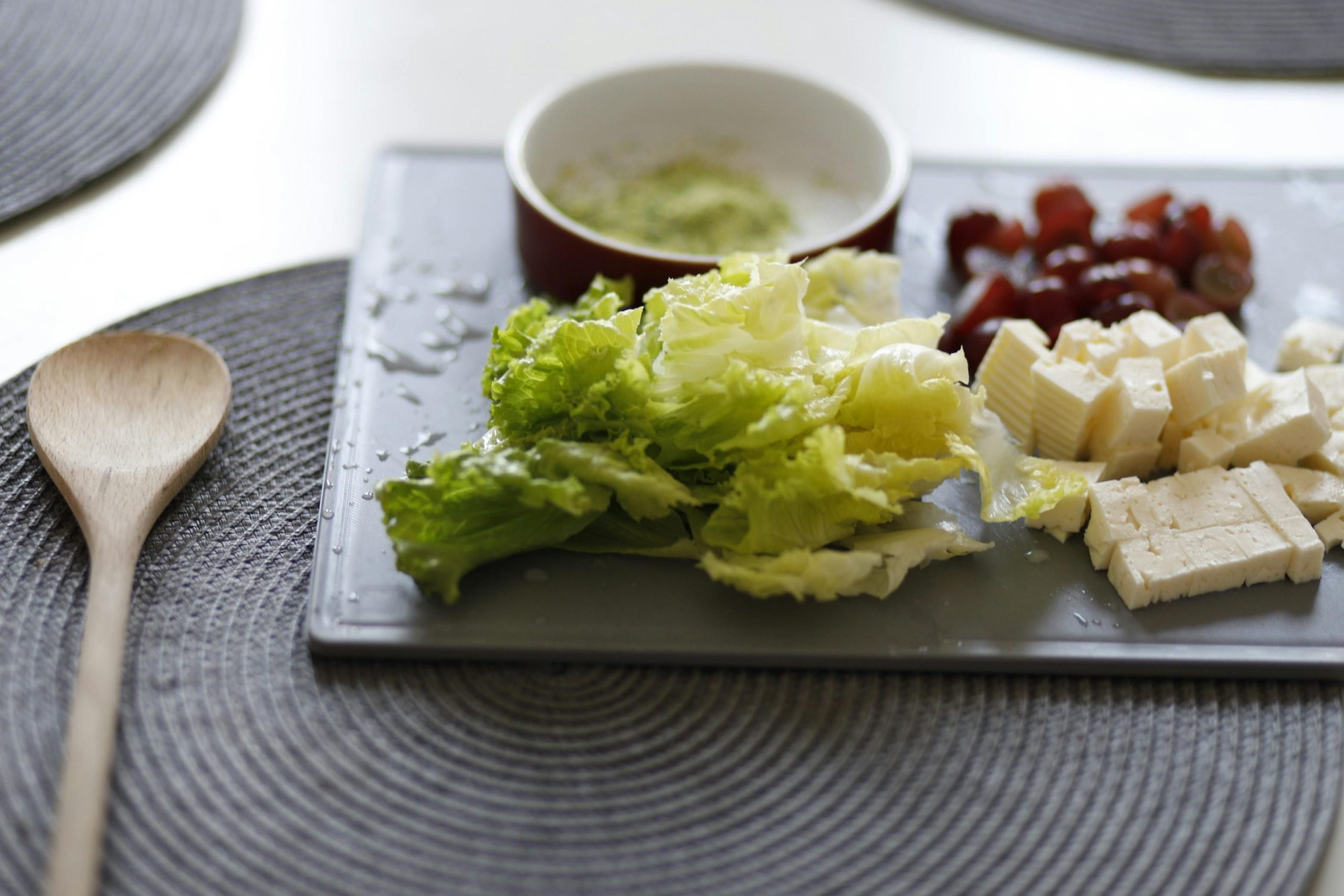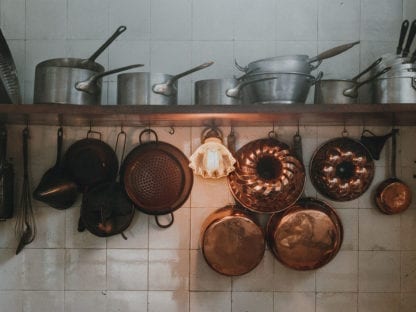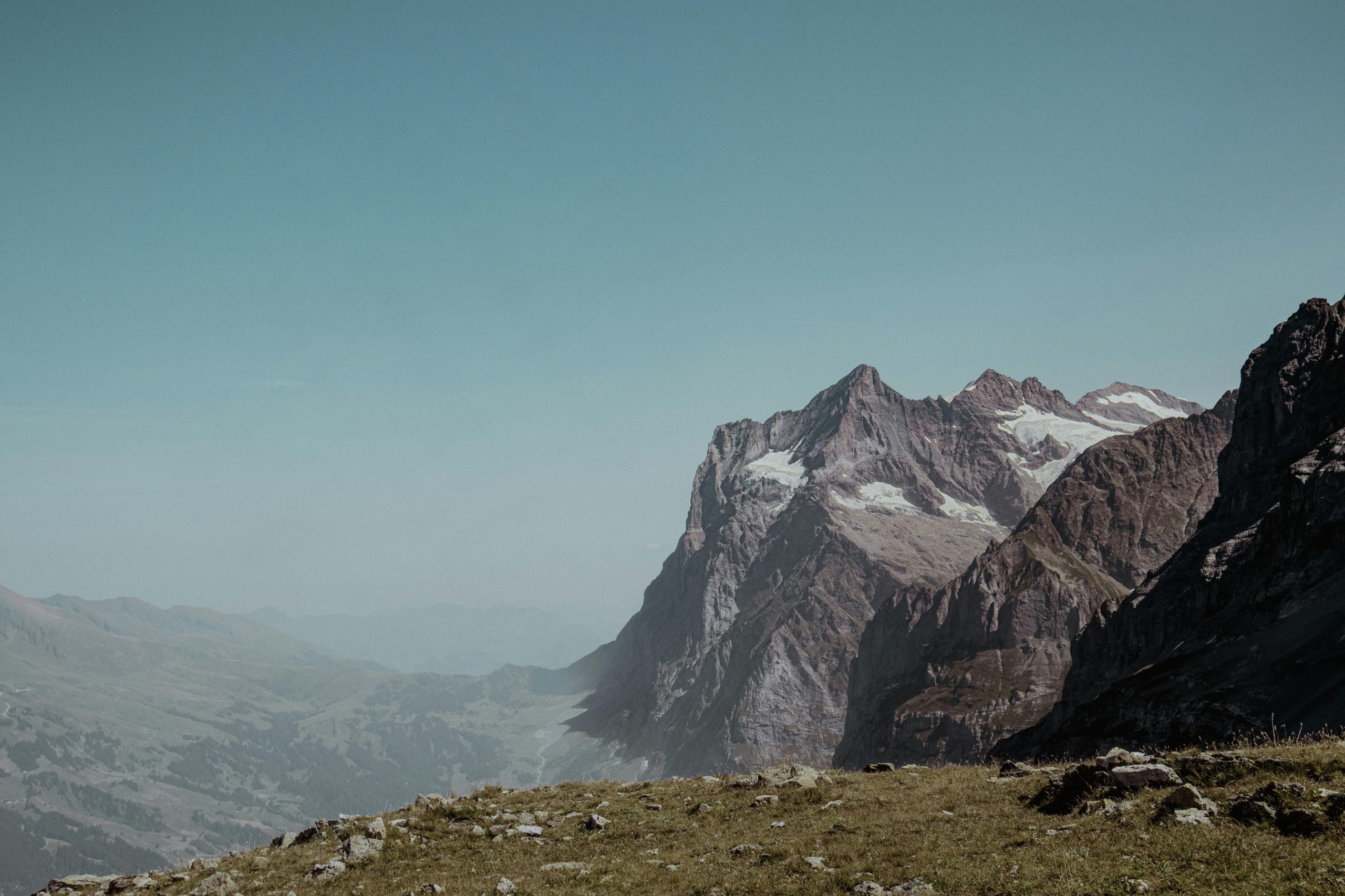Ever found yourself miles into a hike, stomach rumbling, wishing you had packed better snacks?
It’s a common dilemma for hikers to choose foods that are both satisfying and practical for long trails.
Walking food, ideally, should be portable, non-perishable, and energy-boosting to cater to the needs of every type of hiker.
In this blog, we’ll explore a variety of walking food options, from quick breakfasts to nutritious dinners, ensuring you’re well-fueled for your next hiking adventure.
Understanding Food Needs for Different Hiking Types
Hiking isn’t just a single activity; it varies greatly depending on the duration and type of the hike. Day hikes are the simplest in terms of food preparation. Since these hikes usually last just a few hours, hikers can carry almost any type of food as they don’t have to worry about the weight or the food spoiling. Foods like sandwiches, fresh fruits, or even salads can be ideal. However, when planning for overnight hikes, the food strategy changes significantly. Hikers need to consider both the weight and the perishability of their food since they will be carrying it along with camping gear.
For multi-day or multi-week treks, the food requirements become more complex and critical. The key considerations include:
- Weight of the food: It’s crucial to carry food that provides high energy but is light enough to carry over long distances.
- Perishability: Non-perishable food items or those that can last longer without refrigeration are preferred.
- Nutritional value: High-calorie foods that are also nutritious help maintain energy levels over prolonged periods. Foods like nuts, dried fruits, and energy bars are often favored for such treks. Planning meals that are both satisfying and practical ensures that hikers can enjoy their adventure without unnecessary discomfort or health risks.
Best Breakfast Choices for Hikers

Breakfast is the most important meal of the day, especially for hikers needing sustained energy. Optimal choices include mixed grain or seed breakfasts like muesli or granola, which are not only lightweight but also packed with nutrients. These can be easily prepared with powdered milk or hot water, making them convenient for trails. For those who prefer something savory, options like poha or upma, which are rich in carbohydrates and can be quickly prepared with hot water, are excellent.
Breakfast bars and biscuits serve as another great option for hikers. They are essentially muesli in a more portable form, often enhanced with nuts and dried fruits to boost caloric intake. These are perfect for hikers who want to start their journey early without fussing over meal preparation. Additionally, they’re ideal for a quick energy boost before a mid-morning snack. Always check the nutrition labels to ensure they provide a good balance of carbs, proteins, and fats.
Ideal Lunch Options for Your Hiking Adventure

When planning your hiking lunch, portability and durability are key. Tortilla wraps are excellent because they are not only easy to pack but also hold up well under various weather conditions. You can customize these wraps with a variety of fillings such as deli meats, cheeses, and vegetables. For a touch of luxury without extra hassle, add slices of avocado or a smear of hummus. These wraps can be rolled tightly and cut into pinwheels for easier eating on the move. They’re not just convenient; they also provide a good mix of carbs, protein, and fats, essential for sustained energy during your hike.
Another robust option is the classic peanut butter and jelly sandwich. This staple is not only nostalgic but also packs a punch with its high-energy ingredients. When preparing for a hike, use whole grain bread for added fiber and nutrients. For those who prefer savory flavors, a prosciutto and cheese roll-up is a simple yet satisfying choice. Just wrap some thin-sliced prosciutto around a piece of cheese, and for added carbs, include a few crackers or wrap it all in a hearty tortilla. These lunch ideas are not just tasty; they’re also crafted to withstand long hours outdoors without spoiling.
Quick and Nutritious Dinner Ideas for Hikers

After a long day of hiking, dinner needs to be both revitalizing and easy to prepare. Dehydrated meals are a favorite among hikers because they’re incredibly lightweight and just require boiling water to rehydrate. Popular choices include beef stroganoff, chicken teriyaki, and vegetarian chili. These meals are designed to be high in calories and nutrients, essential after a strenuous day. Additionally, they pack down small, making them easy to carry in a backpack.
For those who prefer to cook, a simple yet energy-packed option could be a couscous or instant rice dish. These grains cook quickly and can be enhanced with a variety of mix-ins:
- Sun-dried tomatoes and canned chicken for protein
- Mixed nuts for healthy fats
- Dehydrated vegetables for added vitamins
This kind of meal not only delivers a comforting warmth but also provides the necessary energy to restore tired muscles and prepare for the next day’s adventures.
Top Snack Picks for Walking and Hiking
When selecting snacks for hiking, the focus should be on lightweight and nutritious options that provide sustained energy. Mixed nuts and seeds are ideal as they pack a nutritional punch with healthy fats and proteins, essential for long hikes. Another excellent choice is homemade trail mix, which can include dried fruits for a quick carbohydrate boost and nuts for lasting energy. This combination not only satisfies hunger but also minimizes the weight in your backpack.
For those who prefer something savory, jerky (beef, turkey, or even vegan options) is a top pick due to its high protein content and long shelf life. Additionally, consider bringing along energy bars that are low in sugar but high in fiber and protein. Here are a few more snack options that are both practical and delicious for hikers:
- Whole grain crackers or flaxseed crackers for a crunchy, fiber-rich treat.
- Nut butter packets for a creamy, filling snack that pairs well with fruit or crackers.
- Dark chocolate with a high cocoa content, perfect for a quick energy boost without the sugar crash.
Essential Drinks for Hydration and Energy on Hikes

When planning hydration for hikes, water is essential, but sometimes, you need an extra boost. Sports drinks can be incredibly beneficial as they replenish electrolytes lost through sweat. These drinks often contain sodium and potassium, which help maintain fluid balance and prevent muscle cramps. For those looking for a natural option, coconut water is an excellent choice, packed with electrolytes and light on the stomach.
For energy, consider adding a caffeine-infused drink, but use them sparingly to avoid dehydration. Herbal teas can be a soothing alternative, providing hydration without caffeine. When packing drinks for energy and hydration, consider:
- Isotonic sports drinks for quick electrolyte replacement.
- Effervescent electrolyte tablets that can be added to water.
- Homemade lemon and honey water for a natural, energizing drink.
Hydration Strategies for Effective Hiking
Staying hydrated is crucial for any hiking adventure, whether it’s a short day hike or a challenging multi-day trek. Effective hydration starts with knowing how much water to carry and understanding how your body reacts to physical exertion. Always aim to drink water before you feel thirsty to prevent dehydration, which can sneak up quickly, especially under the sun or during strenuous climbs.
A good rule of thumb is to consume about half a liter of water per hour of moderate hiking. However, this can vary based on weather conditions, your physical condition, and the intensity of the hike. Plan your water sources; if you’re hiking a route with accessible water points, you can carry less and refill more often, using a portable water filter or purification tablets to ensure safety.
Smart Storage Solutions for Hiking Food and Drinks
When hiking, efficient packing is as crucial as choosing the right foods and drinks. Opt for lightweight and compact storage solutions to make the best use of space and energy. Here are some smart options:
- Collapsible containers that flatten when empty, saving space in your backpack.
- Multi-use hydration bladders that serve as water storage and can be used to mix energy drinks.
- Bear-resistant food canisters for trips in wildlife-heavy areas, ensuring your food stays safe and doesn’t attract animals.
Food Hygiene Practices for Safe Hiking
Maintaining food hygiene during hikes is vital to prevent foodborne illnesses and ensure a safe outdoor experience. Always use clean utensils and disposable wipes or biodegradable soap to wash hands before and after eating. It’s essential to pack foods in clean, airtight containers to prevent contamination and keep perishables cool with ice packs in an insulated bag.
Be mindful of where you prepare and consume your meals. Always set up your eating area away from waste and water sources to avoid contamination. Key practices include:
- Using separate containers for raw and cooked foods to prevent cross-contamination.
- Disposing of leftovers properly to avoid attracting wildlife.
- Ensuring all food is cooked to the right temperatures, especially for trips where you bring raw meat or fish.
Enhance Your Hiking Experience with Indulge‘s Culinary Tours
Imagine enhancing your hiking experience by diving into the rich culinary landscape of Zurich with INDULGE‘s curated food tours. After a long hike, what could be more rewarding than indulging in a gastronomic adventure that introduces you to both local and international cuisines? INDULGE offers tours like the Zurich West and Swiss Classics, promising a delightful tasting journey through the city’s most iconic flavors.
Each tour is designed to be a seamless blend of culinary discovery and leisure, perfect for unwinding after a day on the trails. Here’s what you can look forward to on an INDULGE tour:
- Local insights from expert guides about Zurich’s food history
- Exclusive tastings of Zurich’s traditional dishes and international delights
- Scenic routes that combine the pleasure of sightseeing with the joy of tasting. Ready to take your hiking trip to the next level? Visit INDULGE to book your culinary tour today.
Frequently Asked Questions
What is walking food?
Walking food refers to snacks and meals that are portable, non-perishable, and energy-boosting, specifically designed to cater to the needs of hikers or individuals engaged in walking activities. These foods are essential for maintaining high energy levels and are practical for carrying on long trails or hikes.
What is the best food to eat while walking?
The best foods to eat while walking are those that are lightweight, nutritious, and provide sustained energy. Examples include mixed nuts, seeds, homemade trail mix, granola or muesli bars, and jerky. These options are not only easy to carry but also help in maintaining energy levels over extended periods of walking or hiking.








